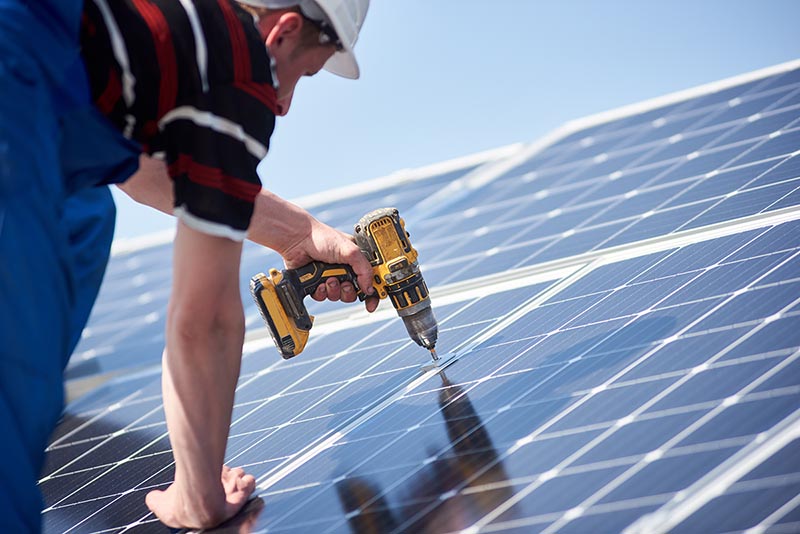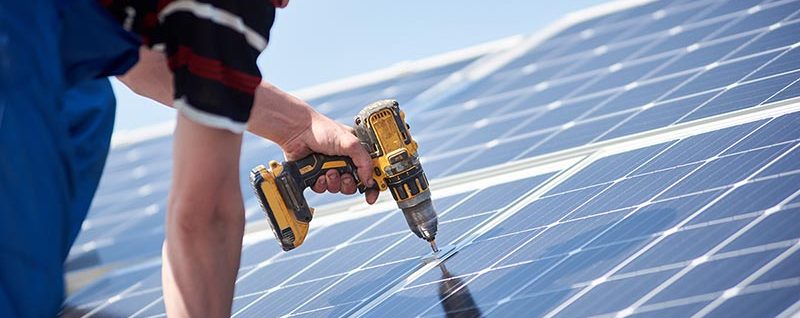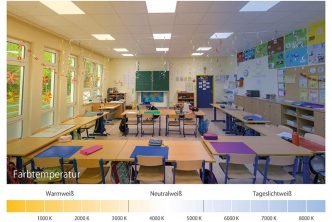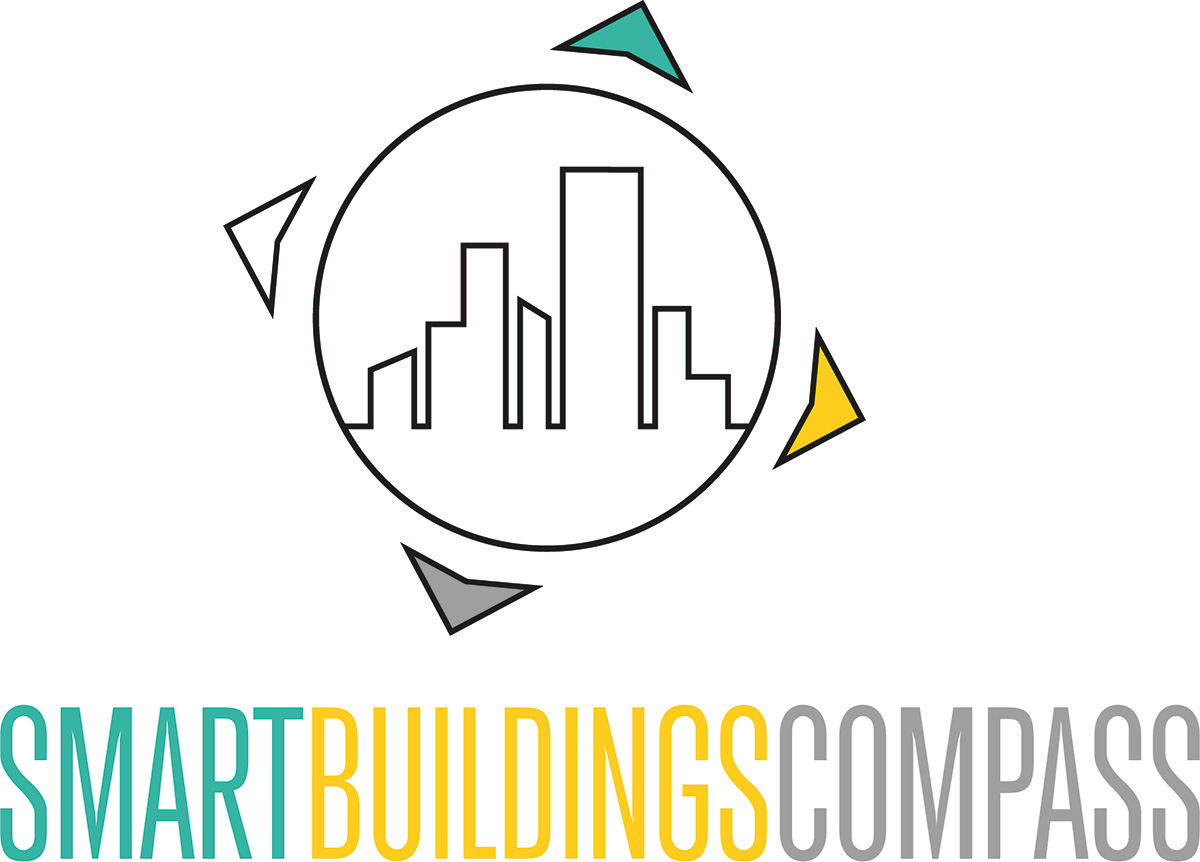As an expert, Mario Necker assesses projects that have gone really wrong: Poor advice and implementation, as well as improper electrical installations, may have serious consequences, up to and including fire hazards. Customers only become aware if something doesn’t work. In this special series, he addresses the important things you should look out for when it comes to smart electricity installations.

Our interview partner: Mario Necker
CEO E-Necker, certified KNX trainer & electrical system integrator, President of KNX Professionals Austria
Certified expert for building automation and building technology EIB\ KNX, certified EU expert for KNX/EIB systems
What are the special aspects of smart installations?
Episode 1: Smart is not always “smart”
What do you have in mind when you think of a “smart” building? Switching the lights on and off or dimming them via app? The watching eye of the surveillance camera that monitors the house and garden when you are not at home?
A smart house can do much more: An application is only ‘smart’ when the house or apartment acts on its own – or in other words, it automatically sets the right adjustments. This is already possible with today’s technology and offers many ways to make your home safe, comfortable and energy-saving. I will therefore be very happy to share a few stories from practical implementation.
Many possibilities …
Automated control of the light is not only convenient: it also saves you money. The light is only on when you really need it. You can also set light scenarios: Bright light in the morning, warmer light in the evening, only dimmed light while the TV is on.
In the past, the heating of a building had to be meticulously planned, but today, due to global warming, it is the cooling. Before we properly temper the rooms with air conditioning, it is important not to allow them to heat up in first place. Awnings or blinds are automatically drawn when there is direct sunlight to prevent the rooms from heating up.

Due to the energy transition and rising energy prices, electricity storage systems will become a big topic in the coming years, in addition to photovoltaic systems. This makes sense, after all, because every kilowatt hour that is delivered into the grid is simply wasted. So one of the important smart applications will be the economical use of self-produced energy.
However, in the event of a blackout – and this risk is unfortunately present – under normal circumstances the PV system will not be active. This is due to the fact that the power inverter, which converts the direct current from the panels into alternating current, needs electricity. If there is no emergency generator or filled storage, the PV system is also taken off the grid. For this reason, when installing a photovoltaic system, consider right away whether you want to be autonomous even in the event of a problem with the power supply.
… but what makes sense?
As you can see: Smart home consultants must know a lot and be able to work out a specific benefit for you. Many projects are already possible, but not every solution makes sense. Especially if you only have a limited budget, it’s best to proceed step by step: What is most important to you? And which solutions can be upgraded later?
Make sure you are well advised and informed about the various options and features of the systems. The technology must adapt to you and your life, and not the other way around.
People and their particular needs are the focal point of attention.



